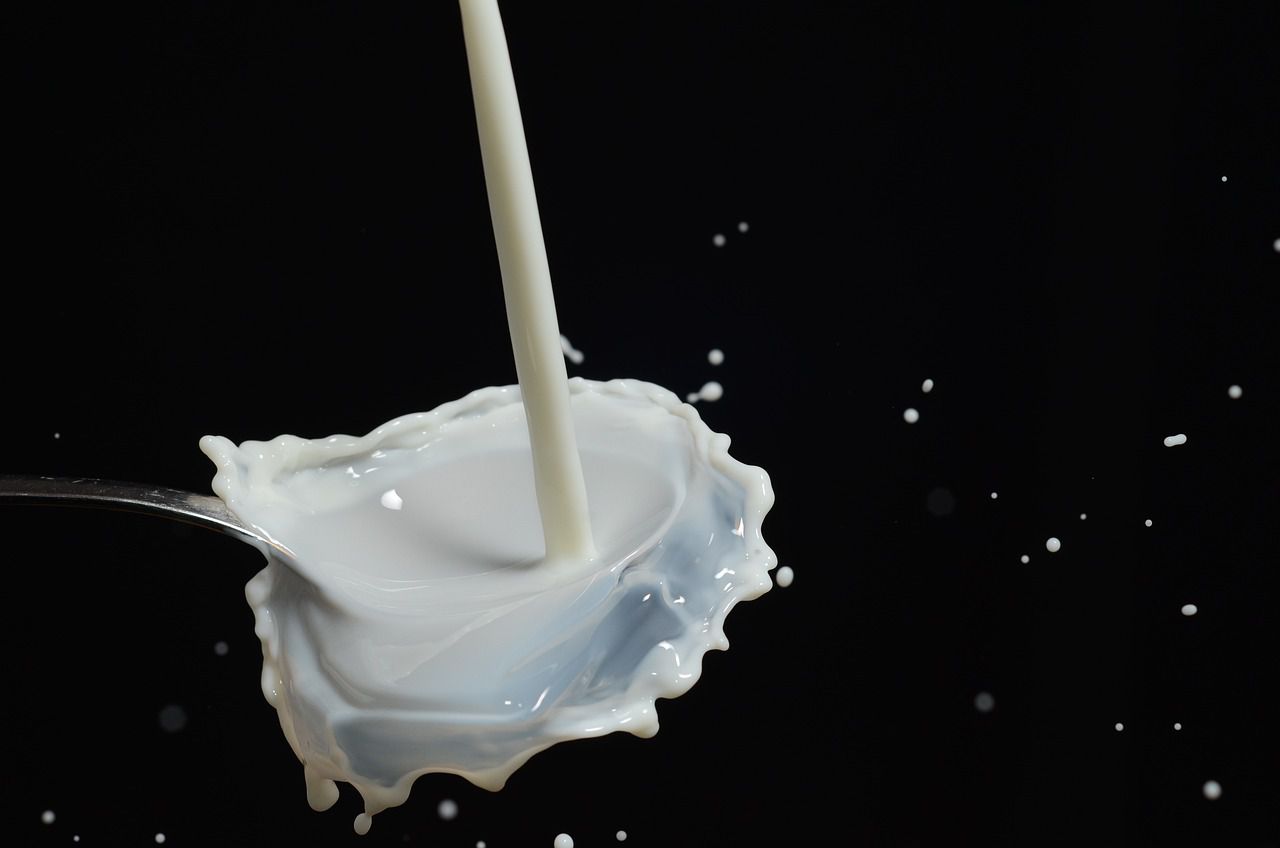While in most cases, spoiled milk tastes sour, it can also suddenly become extremely bitter.
It doesn't happen too often, but when it does, then it's a great sign that you shouldn't drink it or use it while cooking.
Here are some reasons for that bitter taste.
Proteolysis
When milk spoils, bacteria can break down proteins present in the milk into smaller components.
This process, known as proteolysis, can result in the formation of bitter-tasting peptides and amino acids.

Lipolysis
Bacteria can also break down fats present in milk through a process called lipolysis.
This breakdown can produce free fatty acids, which can contribute to a bitter taste.
Specific bacteria strains
Some bacterial strains that grow in spoiled milk are known to produce bitter-tasting compounds.
For example, certain species of Pseudomonas and Alcaligenes bacteria have been associated with the production of bitter flavors in spoiled milk.
Consuming spoiled milk is generally not recommended as it can lead to foodborne illnesses and digestive discomfort.
It's always advisable to check the freshness of milk before consumption and discard it if it appears or tastes spoiled.
Proper storage of milk in the refrigerator at the recommended temperature can help extend its freshness and prevent spoilage.









